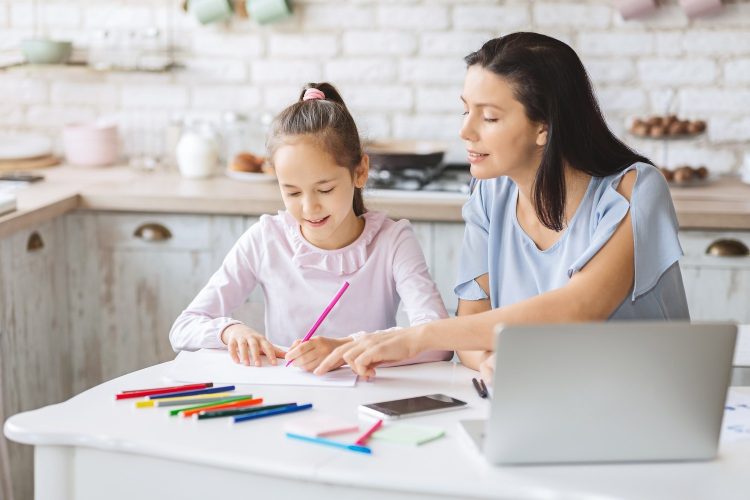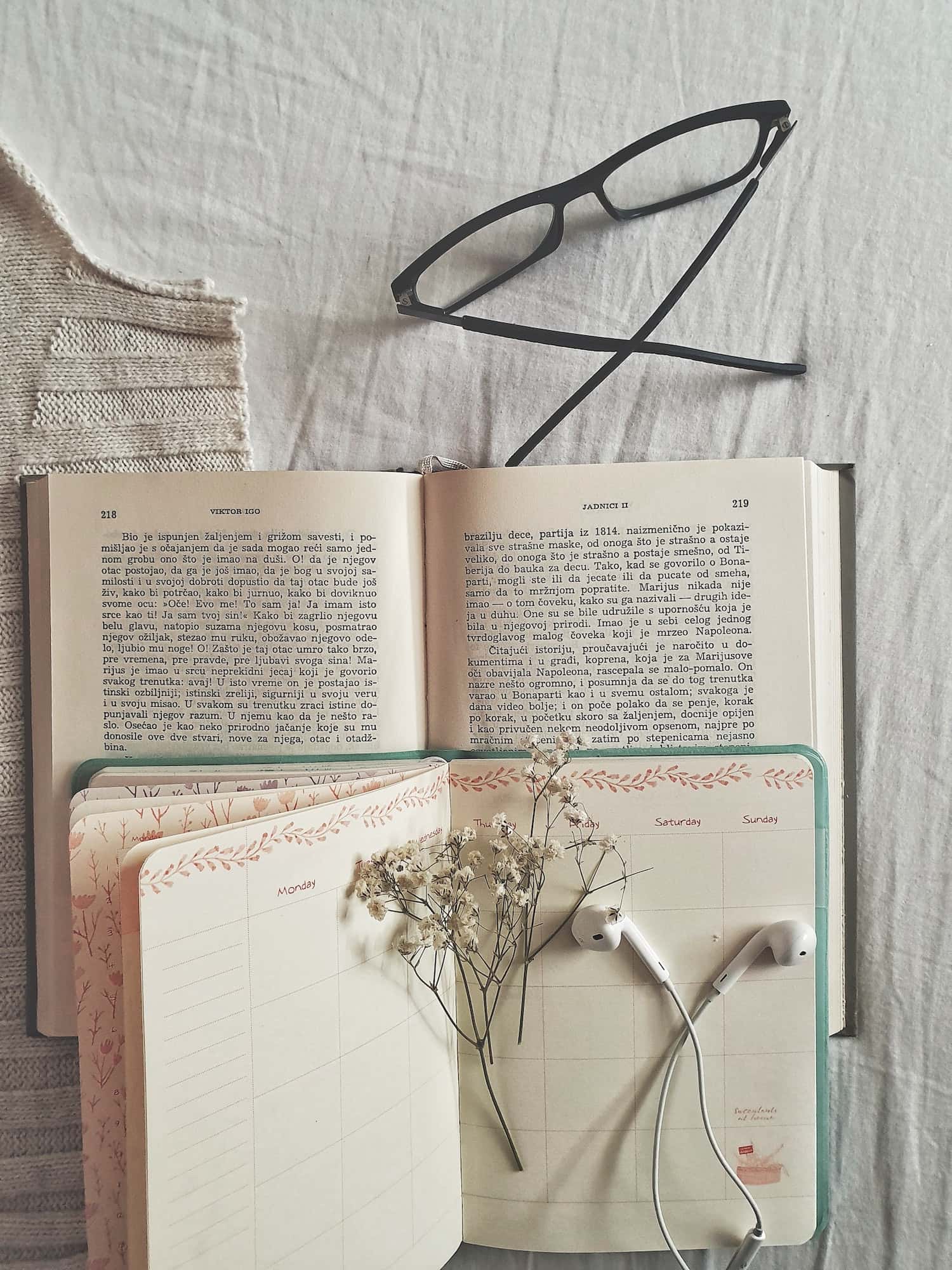The more that we can see and accept the role of supporting our children in learning, the more successful we will be preparing them for independent living and functioning. Think of this as an opportunity to work on life skills and brain development; learning to learn is the foundation of executive functioning development.
The most important objective is to protect your relationship with your child and respect their little hearts. No concept or skill is worth damaging your relationship with your child. If your child does not understand a concept, make a note for the teacher or encourage your child to email the teacher (especially appropriate for teens). Changes and transitions are challenging for all, especially our sensitive children. Prioritize the process of learning over the outcomes. Work does not need to meet your standards or be done “well” – aim for active engagement and completion. Begin by having a conversation to acknowledge the change and elicit your child’s wishes, questions, and concerns.
Create a Learning Space
- Very intentionally designate a place for learning. Remember that we form associations with space, and working at home can be tricky if the child already has associations with certain places. For example, the place where the child does homework may be a good fit, or you may need to intentionally set up a new place. Guiding questions: What does a learning space look like? Feel like? Sound like?
- Set up the space together with younger children and walk through the space with them so they have a clear understanding of how the space will be used. This will help identify changes that may need to be made. For example, teachers set up their classrooms in stations with pre-determined plans for usage. *This is also a must for our teens with social cognitive differences.
- Identify a wall within the learning space where a large visual schedule can be posted. The schedule can be on a white board to allow for daily modifications, or on paper to make daily changes. *Teens and those capable of writing should write the schedule themselves, as this will help improve their memory and level of commitment.
- Prompt your child to spy potential distractions, and support them with plans for removing these distractions. For example, for children with poor impulse control, make sure that the gadget used for school work does not host video games. For teens, encourage them to park or drop-off their cell phones at a set location during “school/learning hours,” or to set their phones to “do not disturb” mode.
- Check for understanding. Does your child know how to use the space, know the schedule for the next day/week, and have the materials they need set up in the best location for quick and efficient access? Close the planning with a list of written-down agreements for “how learning time will be honored” in the home.
Gifted learners are highly skilled at out-smarting systems to avoid unpleasant activities. This may look like swiftly finishing work or skipping some work to free themselves up for play. Your clever and intelligent child may also finish early because the assignment was too easy or lacked depth. Do not try to outsmart your child, as this creates a relationship based on distrust. Instead, anticipate that this may happen, and identify acceptable activities for your child, such as working ahead on other assignments, reading for pleasure, planning the next day’s activities, pursuing an area of passion, or planning the family’s summer vacation.
Practicing Life Skills
- Maintain a consistent morning schedule. This is not a vacation for your child or us parents (unfortunately). Getting up at the same time is crucial for our sensory kids and those who rely on external structure (because they might lack internal structure).
- Review the “plan for the day.” Just like in elementary school, when children start their day with circle time to connect and get a sense of the day, you can also help your child stay calm and focused by reviewing the daily plan over breakfast every day. Teens may not need help creating a plan; a simple check-in may be enough. Try asking, “Are you all set for today? Need help with anything?”
- Engage in daily activities that mimic “officially” starting your day. For example, no PJs in the learning space. If their first class is not super early, have your child practice making their bed (if they don’t already). Again, it doesn’t have to meet your standards; it’s about practice.
- Ask for help preparing meals together. If you have more than one teen at home, consider creating a meal-prep rotation schedule. This is good practice for when your child goes off to college and has housemates, not to mention that it’s a healthy community-mindset practice.
- Enlist your child in helping pick up and clean the shared space.
- Be specific about “when learning time is over” and offer or reach an agreement about what activities are acceptable afterward.
Again, many of you are already doing some of these activities to support your child with homework time and learning. This is an extensive list, and you do not need to do everything on this list. Choose the items that fit, and disregard the rest. And if none of these work for your child, set up a time with your child’s therapist or teacher to review and determine what clues your child’s behavior is providing in order to help create a plan that works.
On a final note, while this is not a vacation, it does not mean that there cannot be time for shared joy. Please plan for fun activities every day, such as baking, playing games, watching movies, making a family documentary about “social distancing,” planting a veggie garden, starting a smoothie happy hour, and more.














